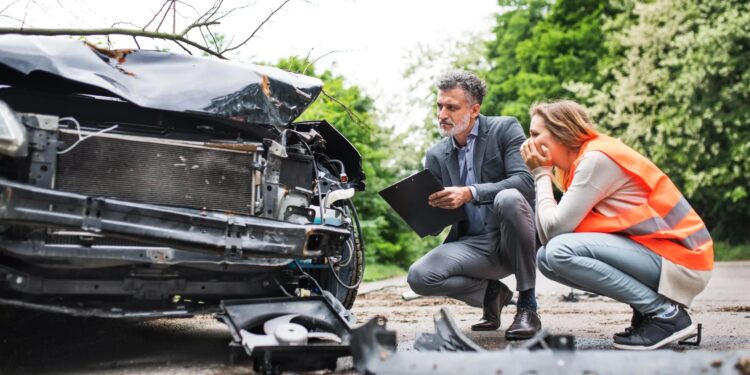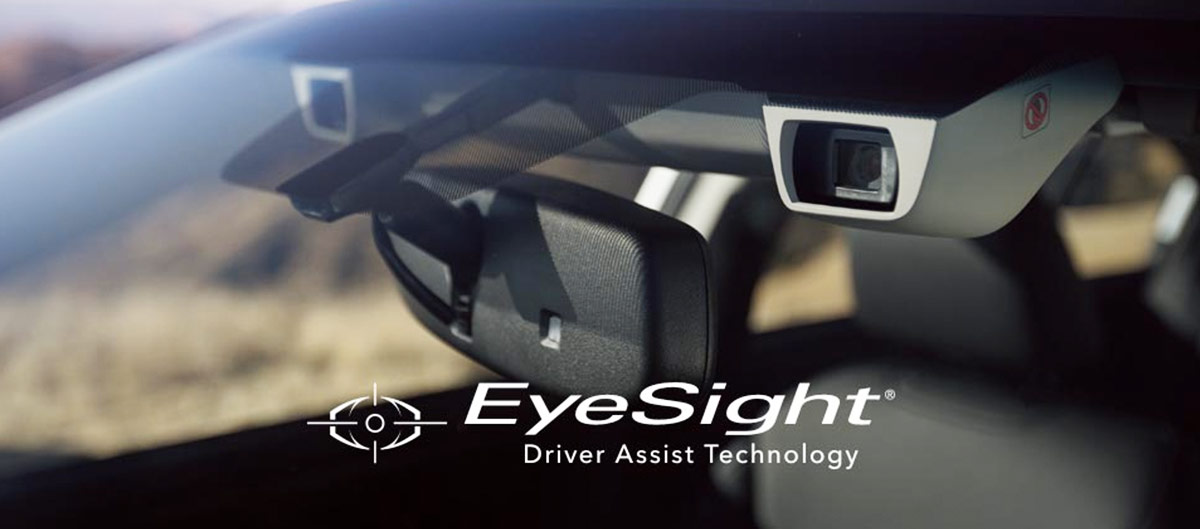Accidents are the most miserable part of anyone’s life. No one wants to face this type of problem. However, things can become more problematic if you fail to exchange information after an accident.So what happens if you don’t exchange information after an accident is our main quest, which we will discover in today’s expedition. You can face many problems if you miss the information portion. What are these problems, and how can we eliminate them? Let’s find out together.
This can result in delays or disputes in receiving compensation for repairs or medical expenses incurred as a result of the accident. Additionally, not exchanging information can hinder any potential legal proceedings that may arise from the accident. Without the necessary details of the parties involved, it becomes challenging to pursue legal action or seek restitution for damages.
Furthermore, failing to exchange information after an accident may violate legal requirements in many jurisdictions, potentially leading to fines or other penalties. Overall, not exchanging information after an accident can complicate the resolution process, delay necessary actions, and potentially result in legal consequences. Therefore, it is essential to exchange information promptly and responsibly following an accident to facilitate a smoother resolution of any resulting issues.
What Happens When You Don’t Report An Accident and don’t exchange information after an accident?
Exchange information after an accident, Sharing all the related information about the accident, the time and date of the accident, the reason for the accident, the amount of loss or damage, and the person responsible for the accident is necessary to keep notice. What happens if you do not inform the authorities about the essential information? What problems must you face, and what penalties must you pay? Let’s look at it in detail.
This lack of documentation can lead to disputes and delays in receiving compensation for damages or injuries sustained in the accident. Additionally, not exchanging information deprives individuals involved of essential details for potential medical follow-ups or legal proceedings, hindering their ability to address any resulting issues effectively.
Overall, not reporting an accident or exchanging information can have significant repercussions, both legally and practically, making it crucial to fulfill these obligations promptly and responsibly.

Problem In Filing Insurance if you don’t exchange information after an accident
If you fail to exchange information after an accident regarding the accident with the legal authorities, then the most problematic thing is you cannot file the insurance claim. It means you must bear all the damage and losses by yourself, as we know that repairing damages after an accident can cost Ace thousands of dollars. To claim your insurance, you must have the certificates of information exchanged from the concerned department. Most insurance companies in the USA require the report of an accident by the DMV.
If the damage exceeds $1000, insurance companies must exchange information with other drivers, too. In case of any misleading guide information, you can face the suspension of your driving license or huge penalties; moreover, you cannot claim insurance. So whether the injury or killing is involved in the accident, it is the mandatory part that you fulfill all the legal requirements for cleaning the insurance and damage.
Makes You Liable For Everything
Suppose you are involved in a car accident but must still fulfill the exchange information after an accident requirement. In that case, the police department considers you liable for all damages, and all injuries that occurred during the accident mean you are not responsible only for facing your damages. Still, you must pay the other party’s medical bills, damage costs, loss of wages, and additional costs related to accidents. Thus, it is necessary to share the driver’s information and the evidence showing who is responsible for the accident to face only liable damage cost.
Exchanging information after an accident is a fundamental step that carries significant legal and financial implications. By providing your information, such as contact details, insurance policy numbers, and vehicle registration, you essentially open yourself up to potential liabilities associated with the incident. This act can make you liable for any damages or injuries caused, as it establishes a clear link between you and the event.
Moreover, failing to provide accurate information or attempting to withhold crucial details may lead to legal consequences and could jeopardize your ability to resolve the situation amicably. Therefore, it is essential to approach this process with transparency and honesty, understanding the potential ramifications of sharing your information in the aftermath of an accident.
Facing Legal Troubles And Penalties
You have to face legal penalties. However, it depends on the city or state laws where you live. But in most cases, if you do not inform the authorities about the accident. It can result in fines, legal penalties, your license cancellation, or being considered under the Break Act. According to the laws, drivers who are involved in an accident are responsible for sharing specific information related to the accident, including their name, address, driver’s license number, and insurance information.
Exchange information after an accident, If the driver does not exchange the data, the police and the legal departments charge the driver with a hit-and-run act, as we know that a hit-and-run comes under the criminal act. It can lead anyone to a permanent illegal record holder, file a lawsuit, and may be taken to prison, so it is mandatory to exchange information after an accident, whether anyone is injured or killed.

Hike Your Insurance Rates
Suppose you must exchange information after an accident and inform the department about the car accident. Then, it not only leads you to penalties, severe punishments, and no insurance claim but damages you with a high insurance rate in the future. As in the USA, car insurance rates can be determined based on the driver’s previous history. Insurance can be adjusted after considering many factors like the location, the type of vehicle, the age of the driver, the driving history status, the gender of the driver, and the number of accidents he had been involved in during his driving journey. If you have more accidents, you could have to pay more insurance in the future.
Prevent Confusion And Conflict
Exchange information after an accident helps gather the vital evidence and the related facts regarding the accident. These facts and evidence help file the claim in court and the insurance company. The concerned authority takes the photos and statements of witnesses, which can be helpful in the future, so for the person involved in an accident, it is better to inform the authorities as soon as possible. They will not only take your statement but also the statement of the opposing driver. This whole scenario helps the police and you to find out the actual reason behind the accident. If the authorities inform you, then it can avoid many problems.
Avoid Legal Trouble By Sharing Accident Information
What happens if you don’t exchange information after an accident? It is the main quest in which we are sharing details. It is a general practice that right after the accident, the person feels confused and stressed and thinks that rushing away is the best way to escape the situation. But if you rush the place away, then you are considered under the criminal act of hit and run.
So it is a better idea to report the accident. Sharing the information regarding the accident with the authorities, provide them the proof of accidents, your statements, driver information, and other related information which will help in future proceedings. The photos and statements taken by the legal authorities can help you in the future.

Information Which Are Necessary To Save
Property damage, Injuries, the reason behind the accident, the time and place of the accident happened, the faulted person, insurance information, opponent driver’s insurance information, photos and video or other related evidence, witness statements, etc. moreover the additional essential information which is necessary to record are the full name of the driver, physical address of the driver, contact number of the driver, license plate number, driver’s license number, car make, model, year, and color and insurance policy number.
Wrap Up : Exchange Information After an Accident
So now you can get an idea of how crucial sharing information is right after the accident and which types of information authorities need to be saved. Moreover, you can get a clear idea about what he still needs; you do not have to inform the authorities of what problems you may face. So, to avoid all of the issues, it is better to record all the concerned information.
Exchange information after an accident, exchanging information is crucial for various reasons, including insurance claims, legal proceedings, and potential medical follow-ups. It ensures that all parties involved have the necessary details to proceed with any necessary actions. However, exchanging information should be done with caution and in a respectful manner. Here’s a concise conclusion regarding exchange information after an accident:
In conclusion, exchange information after an accident is a vital step towards resolving any resulting issues efficiently and responsibly. It facilitates communication between parties involved, aids in insurance claims, and ensures proper documentation for legal purposes. It is important to approach this process with courtesy and diligence, prioritizing safety and cooperation to address any consequences of the accident effectively.




















